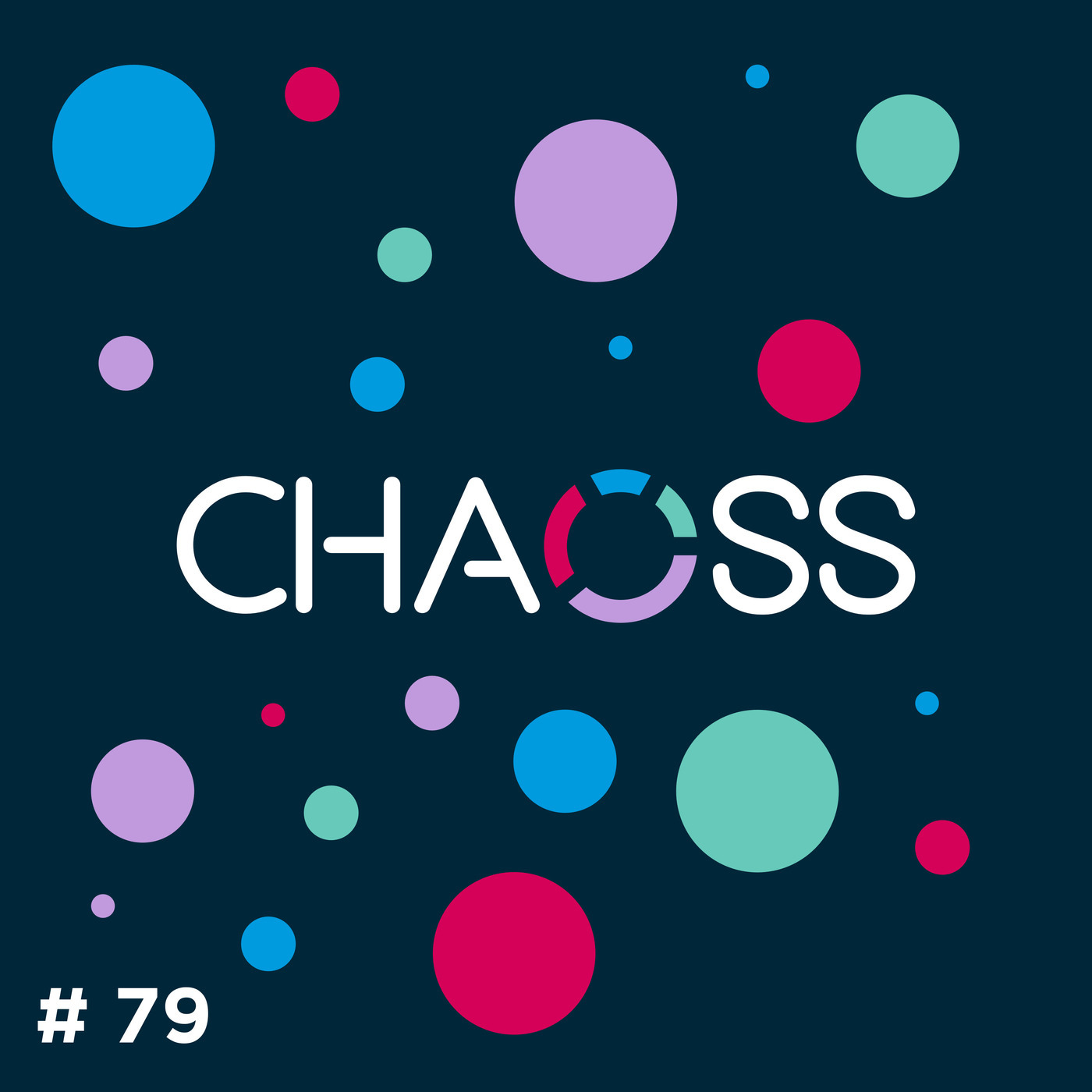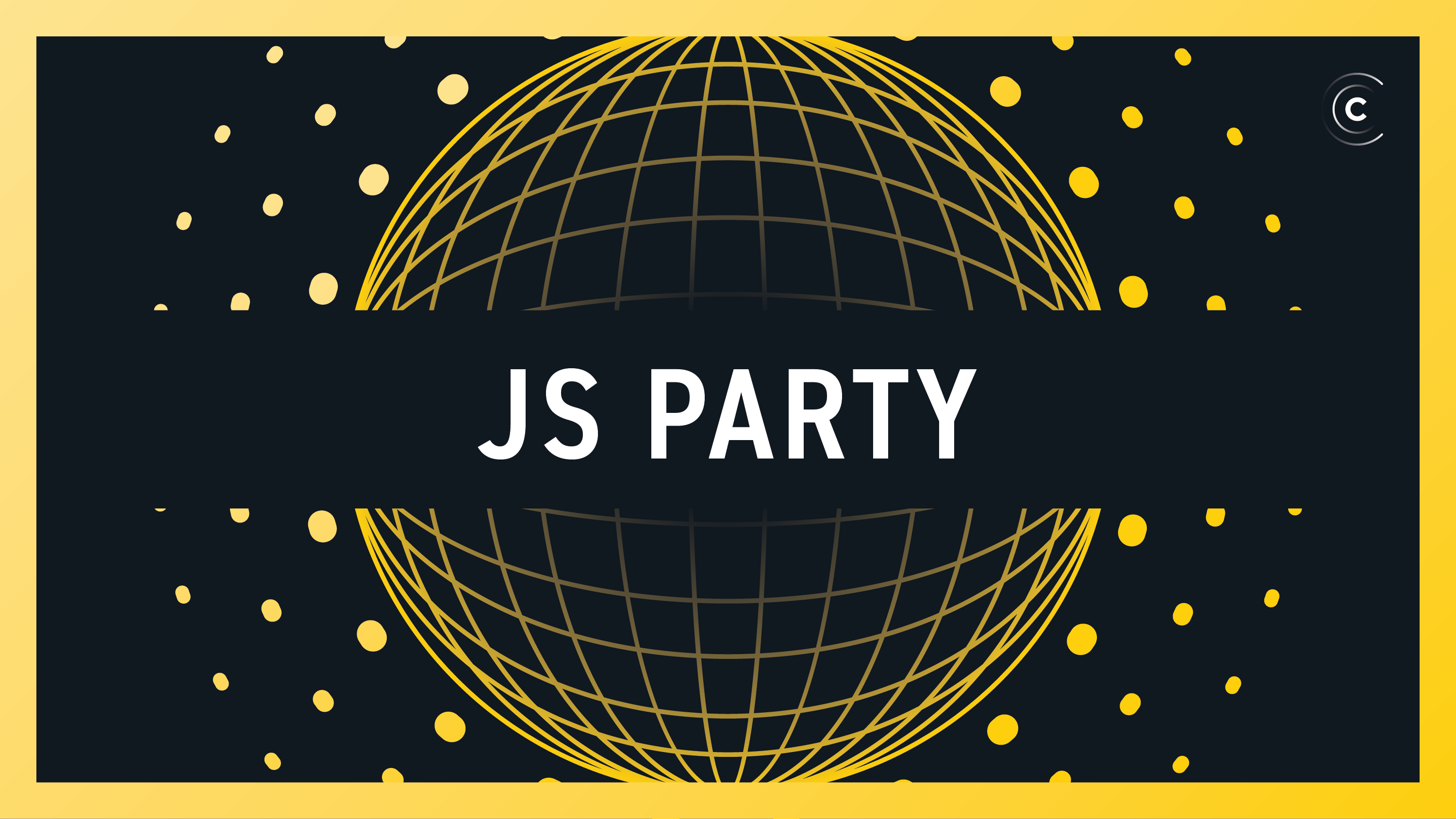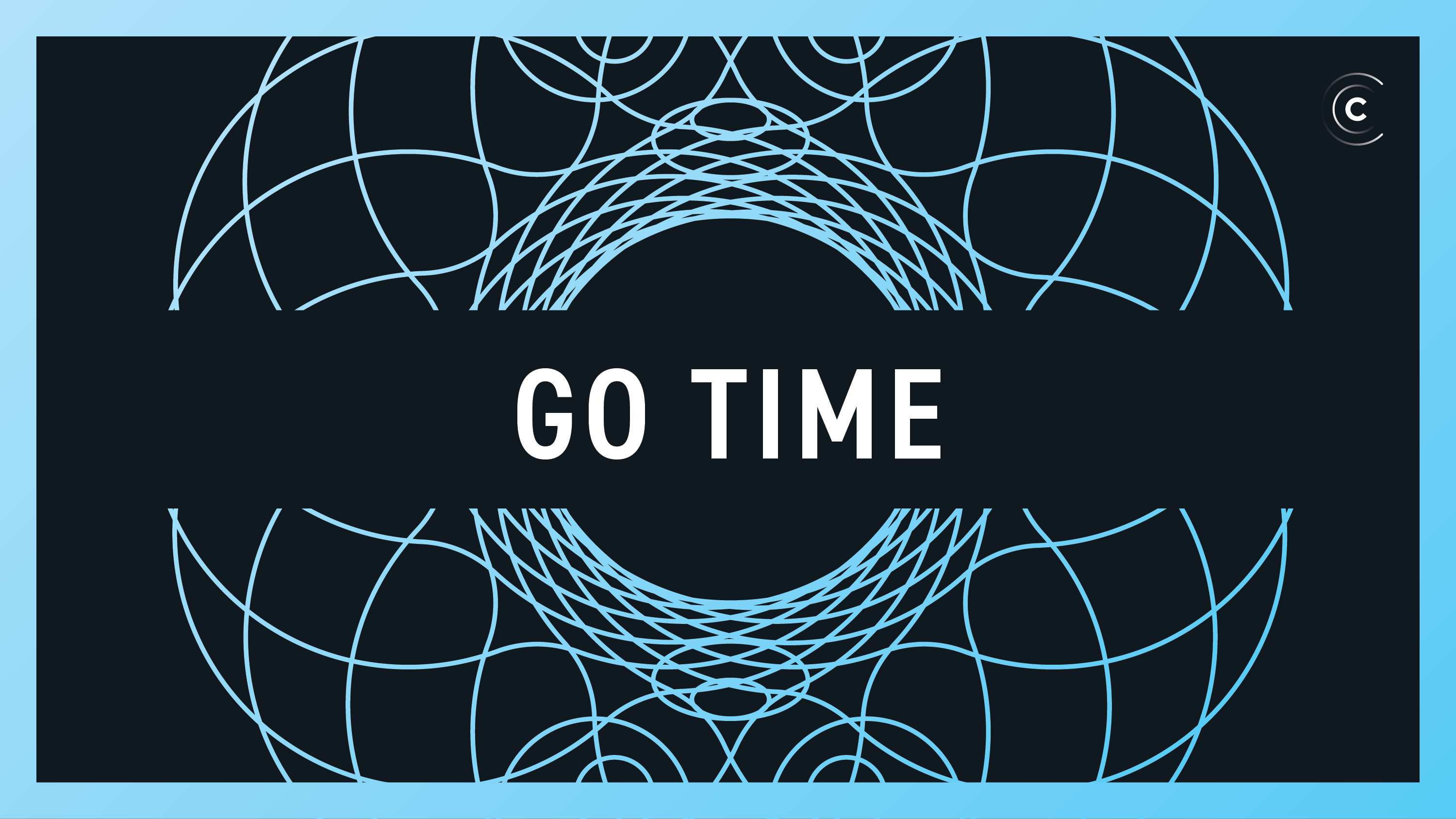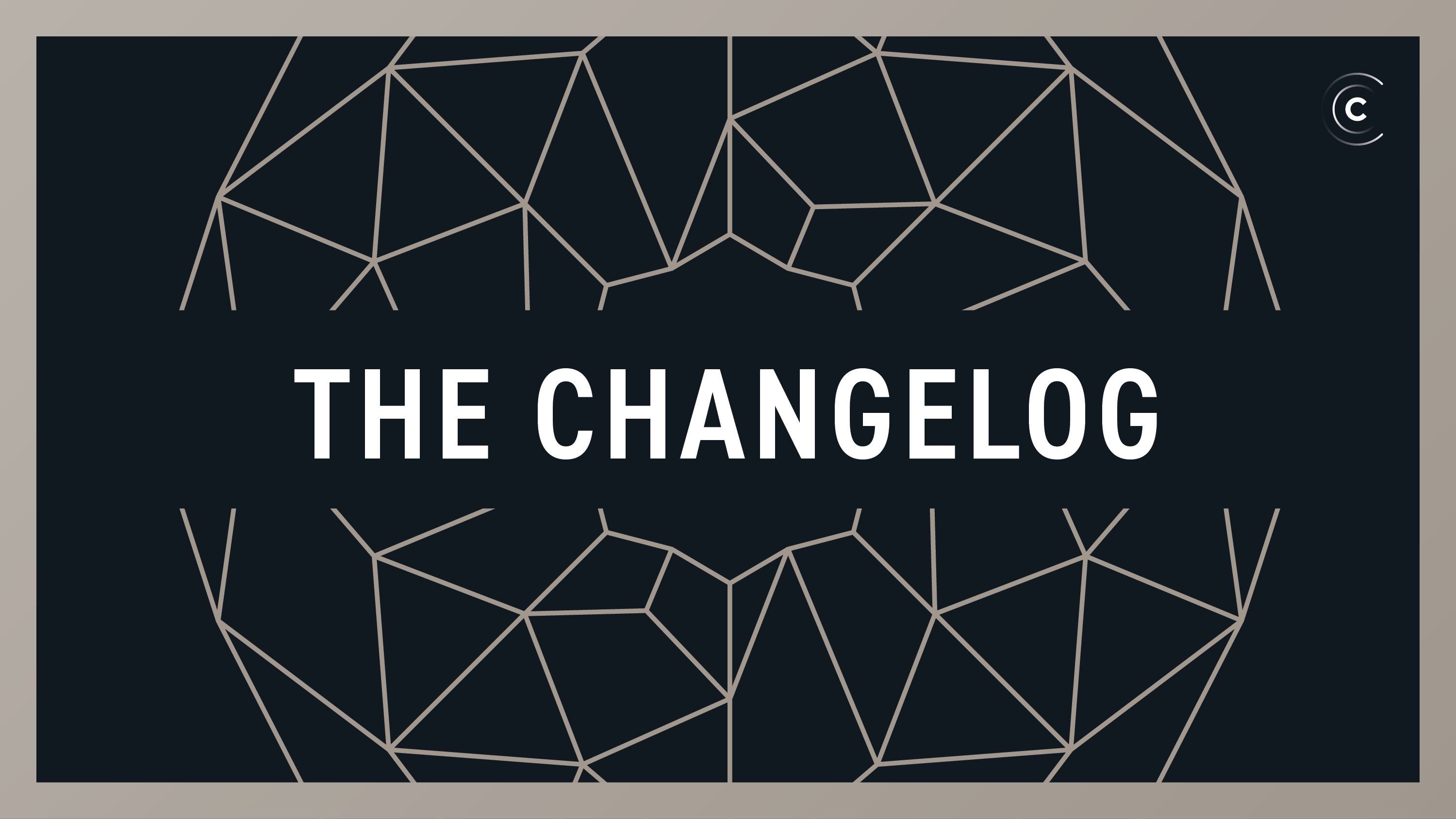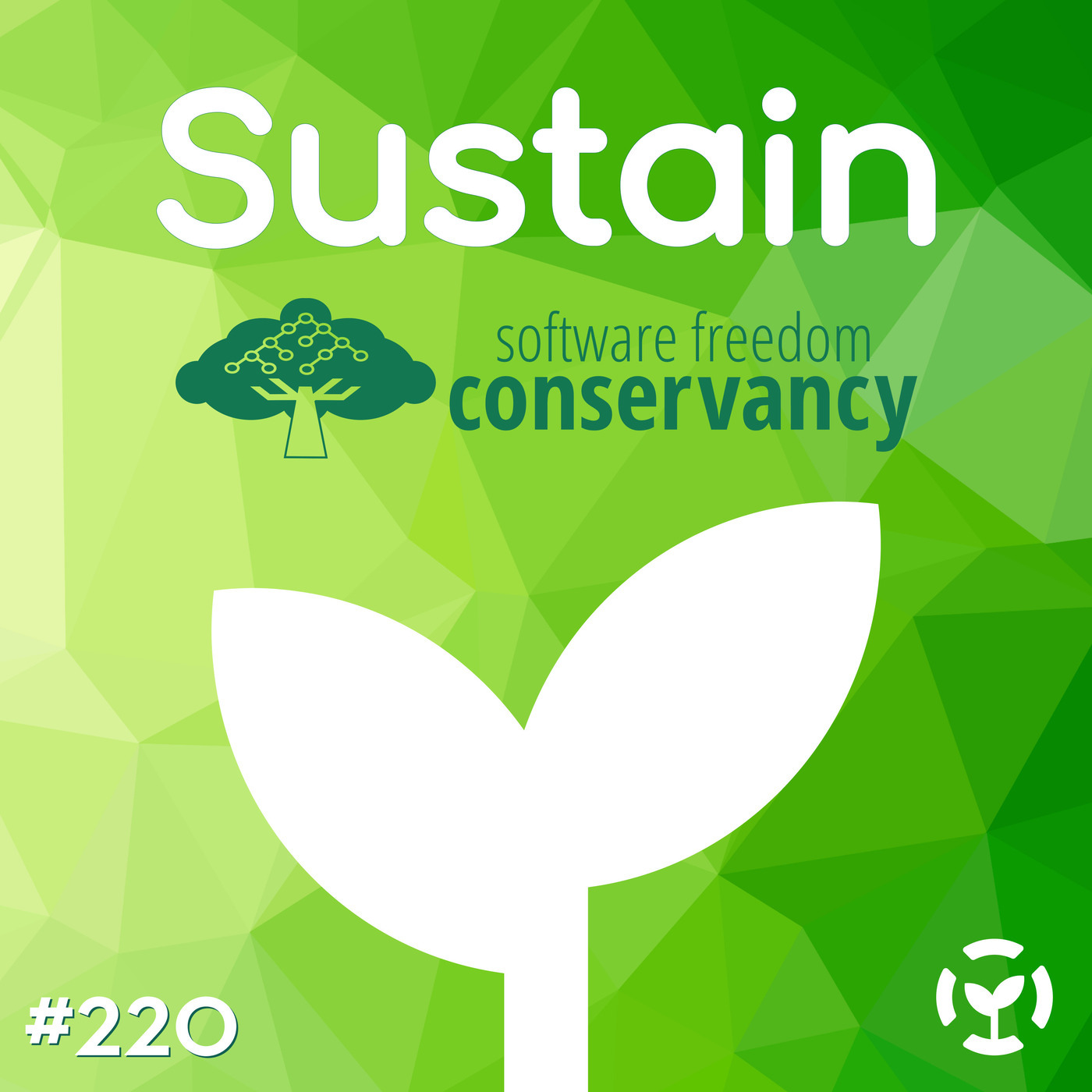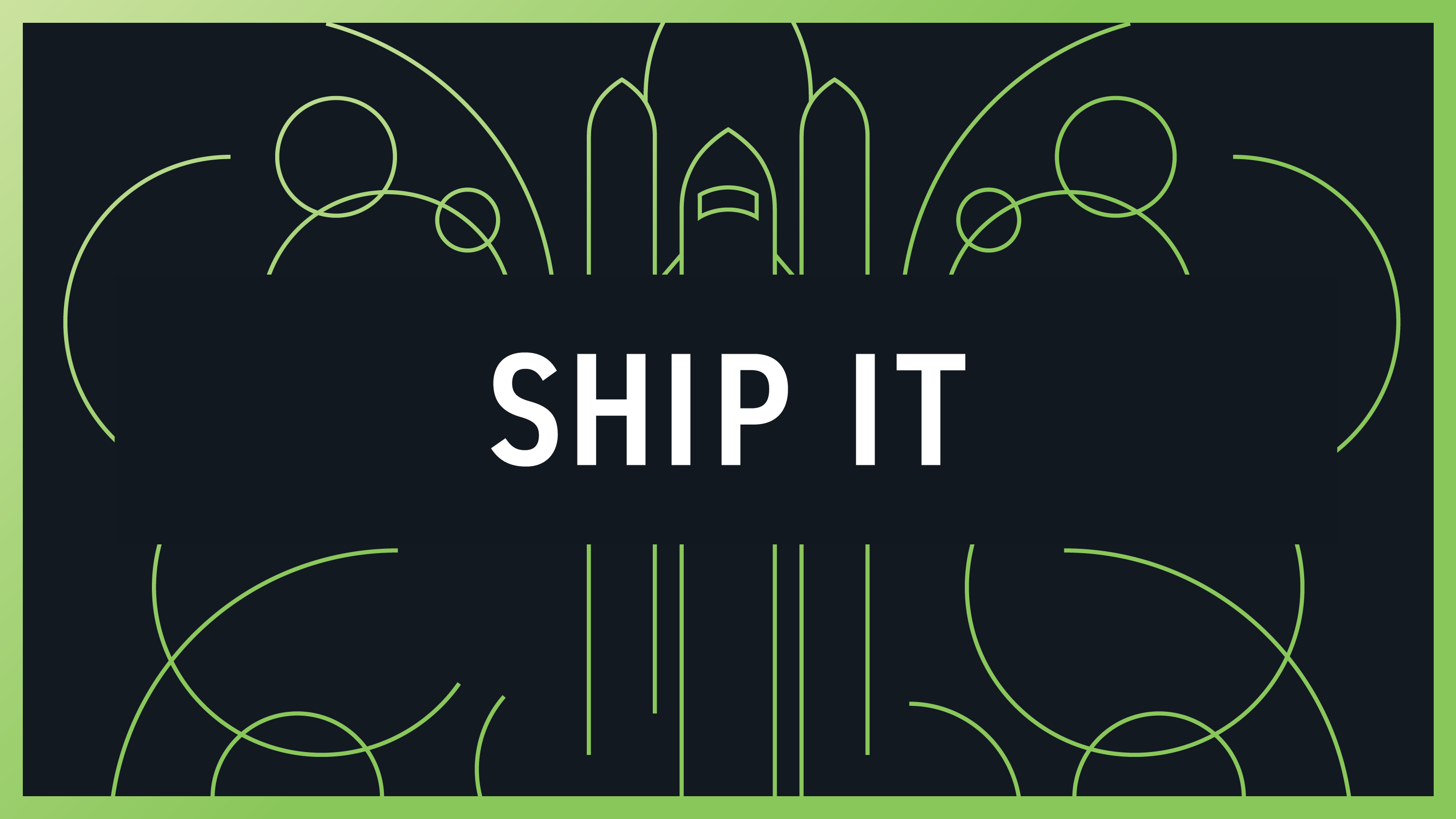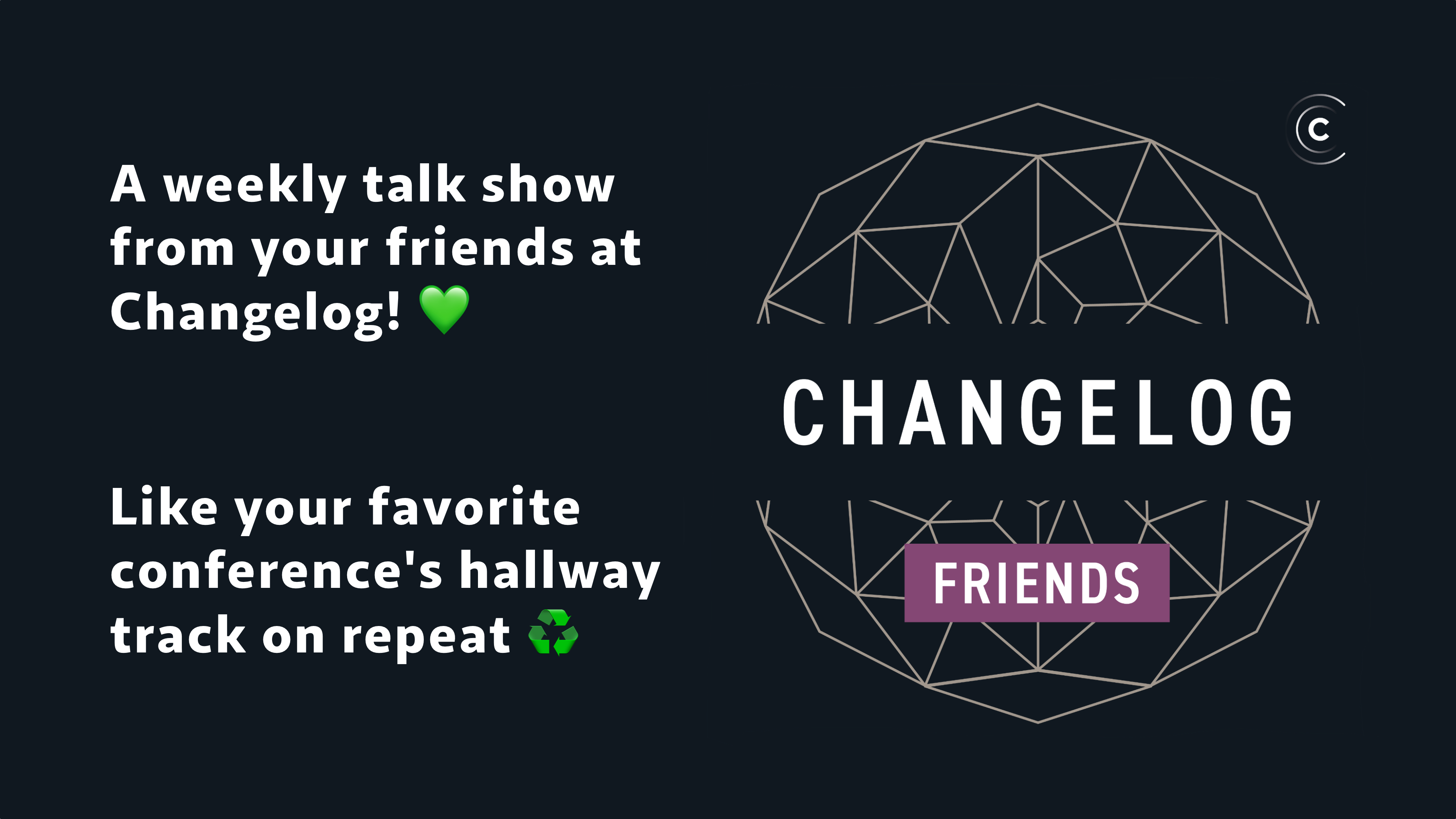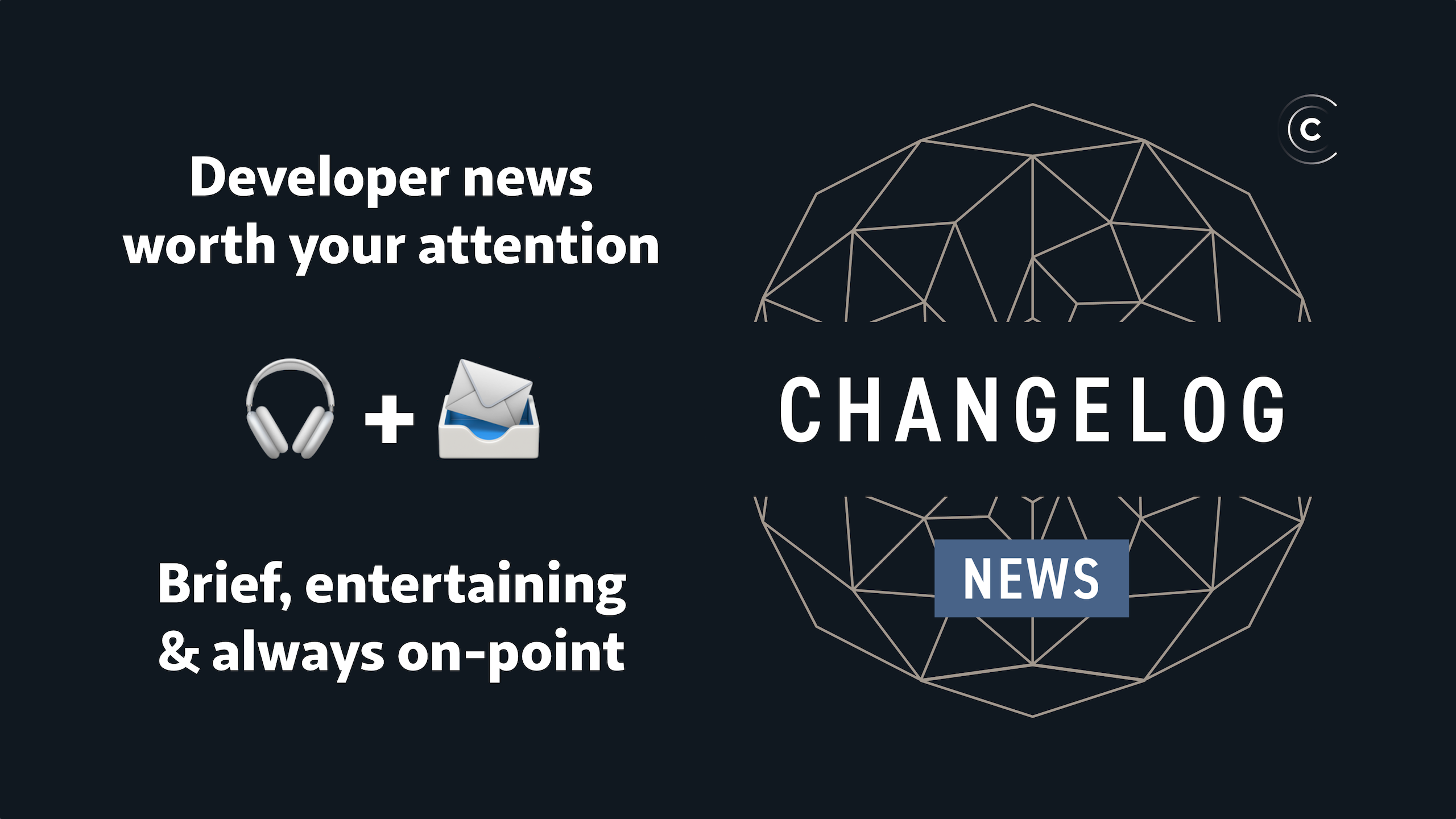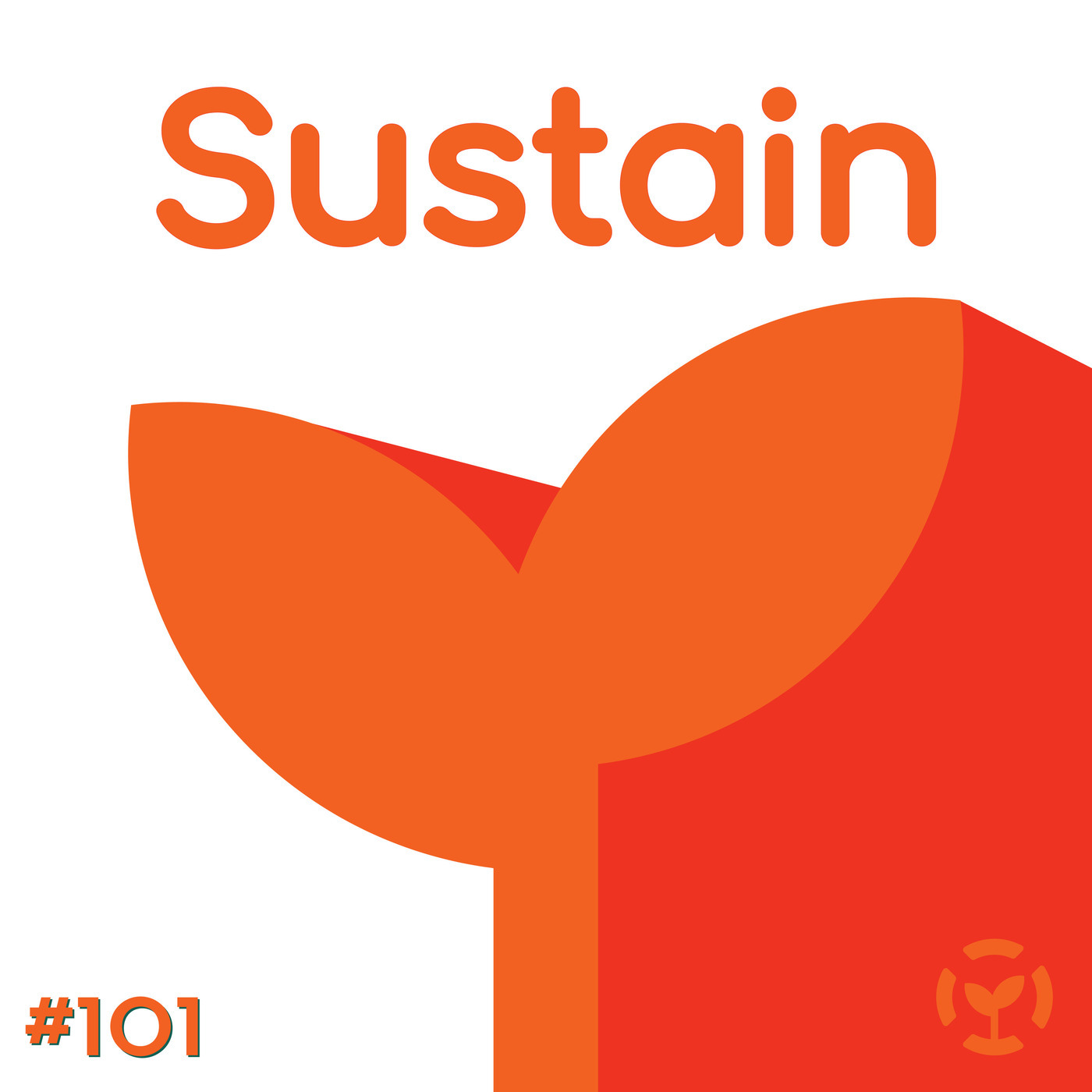Post details
In this collaboration between the CHAOSS Cast and Mechanical Ink podcasts, hosts Dawn Foster and Schalk Neethling are joined by guests Daniel Izquierdo and Sean Goggins to discuss open source community health metrics. The focus is on providing an overview of two projects under the CHAOSS (Community Health Analytics for Open Source Software) umbrella - GrimoireLab and Augur. These open source tools gather data from diverse sources and analyze it to provide insights into open-source community health.
